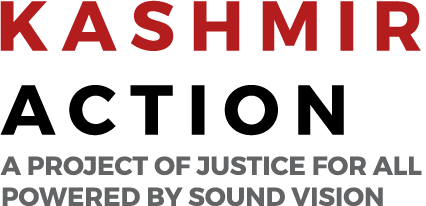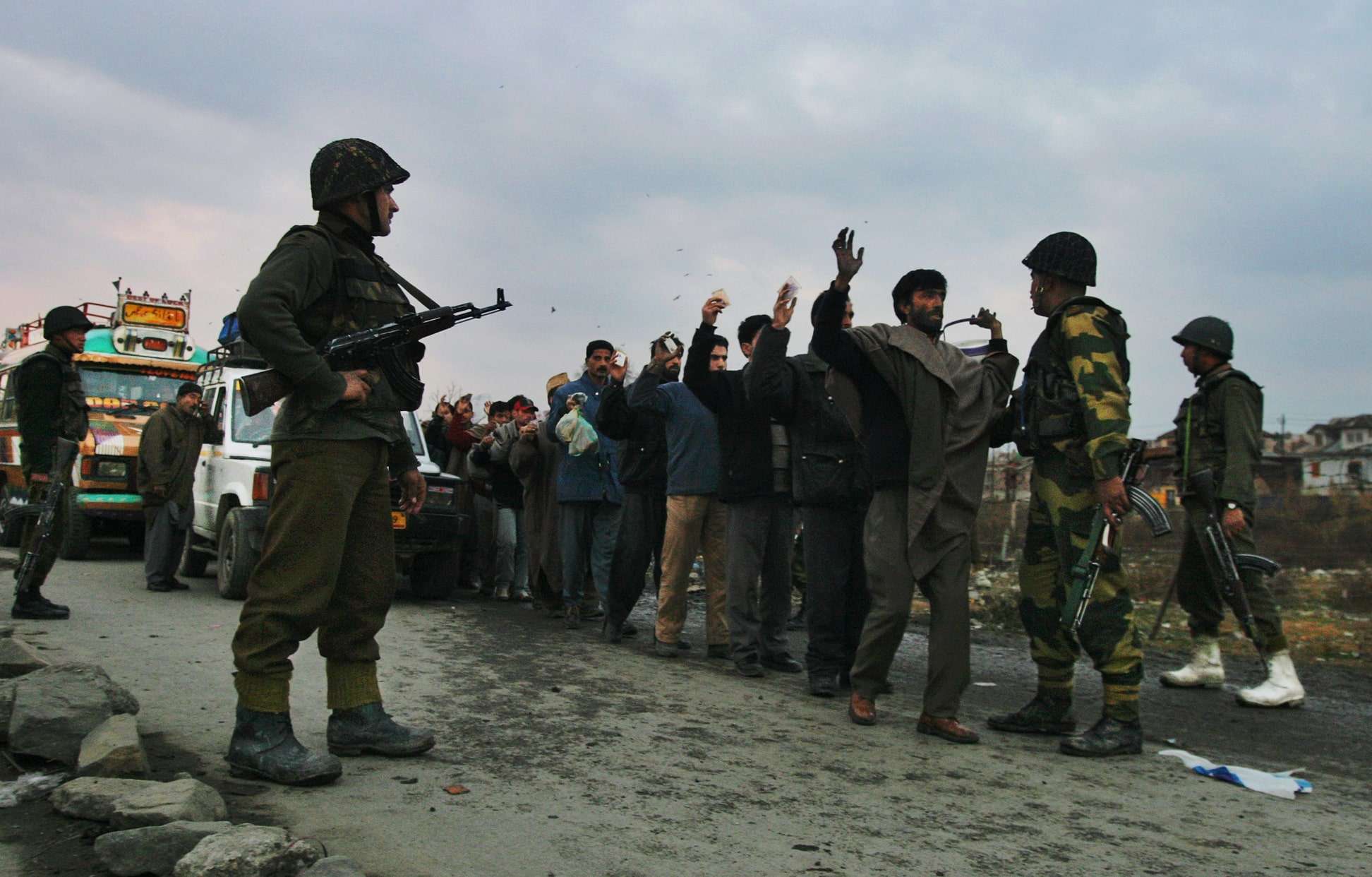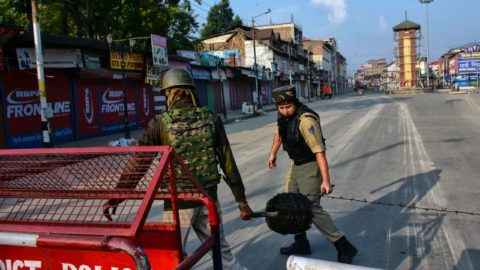On December 27th, Mirwaiz Muhammad Umar Farooq, was barred from leaving his house to lead…
Jammu and Kashmir in 2023: A Story of Increasing Surveillance and Oppression
Originally published at Muslim Network TV
In the heart of the picturesque yet troubled land of Jammu and Kashmir, the year 2023 unfolded with a chilling increase in surveillance and a disconcerting erosion of privacy rights.
An annual review conducted by the advocacy group Legal Forum for Kashmir (LFK) has shed light on the ongoing struggle for human rights and freedom in this disputed region.
In a startling move, the Indian government introduced the “JK Family ID” program, reminiscent of Israel’s “Blue Wolf” surveillance database in the West Bank in Palestine. This scheme aimed to streamline access to welfare benefits but faced fierce criticism from local political parties and civil society activists. Concerns about personal data security and undue surveillance loomed large.
Local political parties questioned the necessity of a new family ID database when systems like Aadhaar and ration cards were already in place. Compared to the European Union’s stringent General Data Protection Regulation (GDPR), India’s struggle to enact a distinct data protection law for its citizens raised further concerns.
Opposition leader Mehbooba Mufti described the creation of a “unique family ID” for J&K residents as emblematic of a widening trust deficit in the region since 2019.
In addition to concerns about surveillance, the police were granted unrestricted access to monitor social media accounts, ostensibly to track anti-India activity. This collaboration with major social media platforms raised questions about civilian rights and privacy.
The year 2019 marked a pivotal moment when India revoked Kashmir’s autonomous status, leading to its division into two federal territories. The move got sanction from Indian Supreme Court in 2023. This move aimed to tighten India’s grip on the Muslim-majority region.
The year 2023 brought forth a series of disturbing reports from Jammu and Kashmir, painting a grim picture of the region’s complexities. A total of 248 killings occurred, encompassing militants, extrajudicial killings of civilians, and armed forces personnel.
The arrest of 231 people under the Public Security Act raised questions about its application and potential abuse. Extensive military operations, including 260 Cordon and Search Operations (CASOs) and Cordon and Destroy Operations (CADOs), resulted in loss of life and destruction of civilian properties.
Furthermore, the deployment of nearly 10,000 new soldiers intensified the military presence in the region. The Unlawful Activities (Prevention) Act (UAPA) blurred the line between political dissent and criminal activity, suppressing voices of dissent.
The media landscape in Kashmir faced manipulation and suppression, with embedded journalists pushing an agenda while posing as independent voices. Local newspapers lost credibility, becoming mouthpieces for state advertising and propaganda.
Kashmiri journalist Safina Nabi’s media award cancellation raised questions about the suppression of dissent. The ordeal of another journalist blacklisted on Facebook after filing an RTI complaint highlighted the challenges faced by media professionals.
Land grabbing emerged as a significant concern in the region, with authorities seizing thousands of agricultural and non-agricultural canals. Residents who were rightful owners under various laws and ordinances found their land labeled as “occupied,” exacerbating tensions.
In the face of these challenges, the pursuit of human rights and justice in Kashmir remains a persistent and arduous struggle. The year 2023 serves as a stark reminder of the need for international attention and action to address the multiple issues plaguing this picturesque yet troubled land.
In Jammu and Kashmir, the pursuit of rights and freedom continues to unfold against a backdrop of surveillance, violence, and media manipulation. As the region grapples with these complexities, the world watches, recognizing the urgent need for a resolution to the ongoing crisis.
Complete report:





